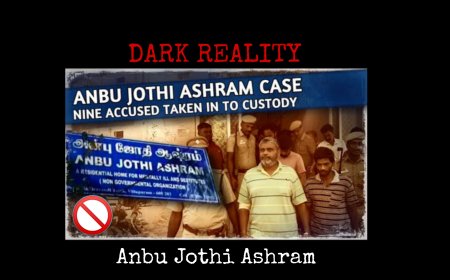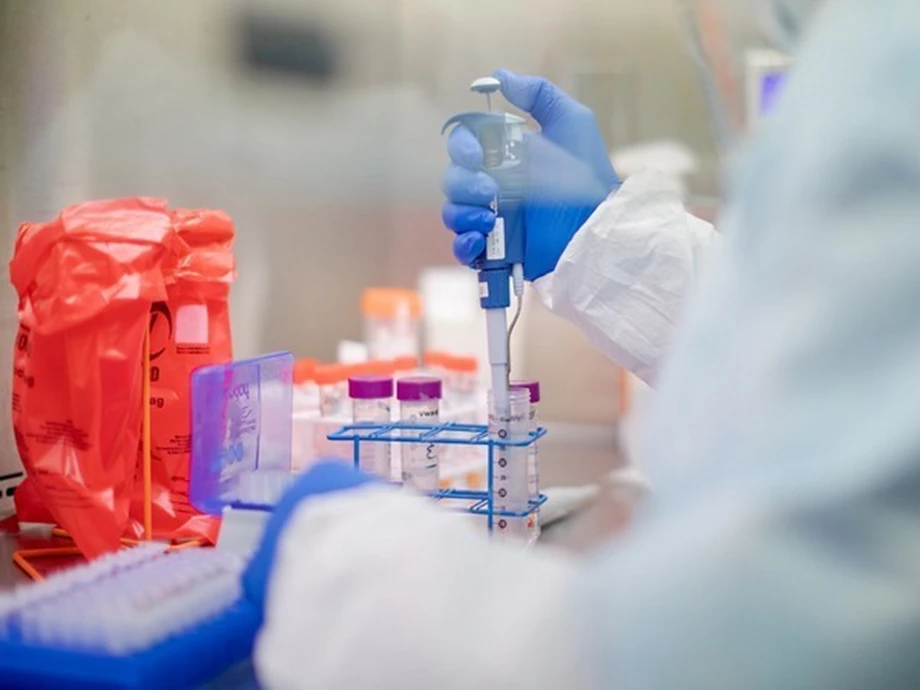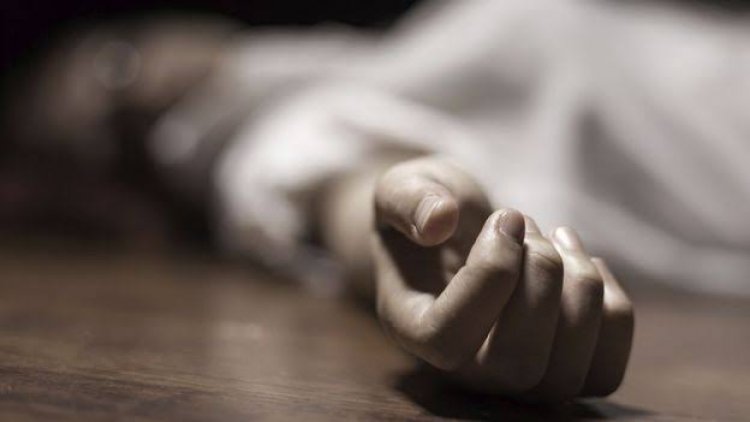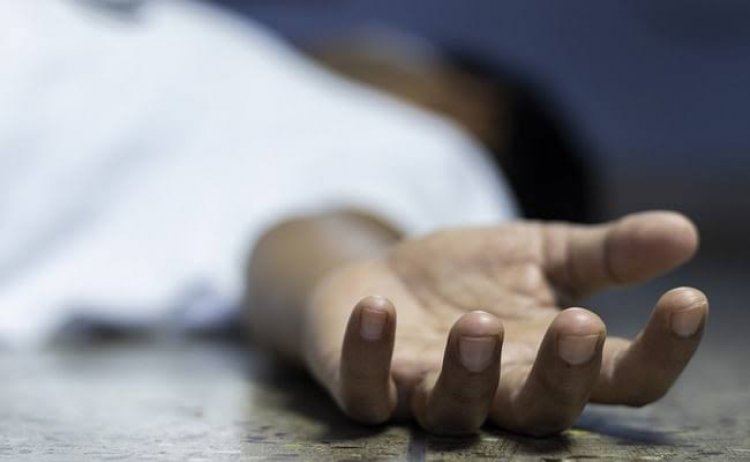What Can Science Tell Us About Death?
By Robert Birchard, NYAS Staff
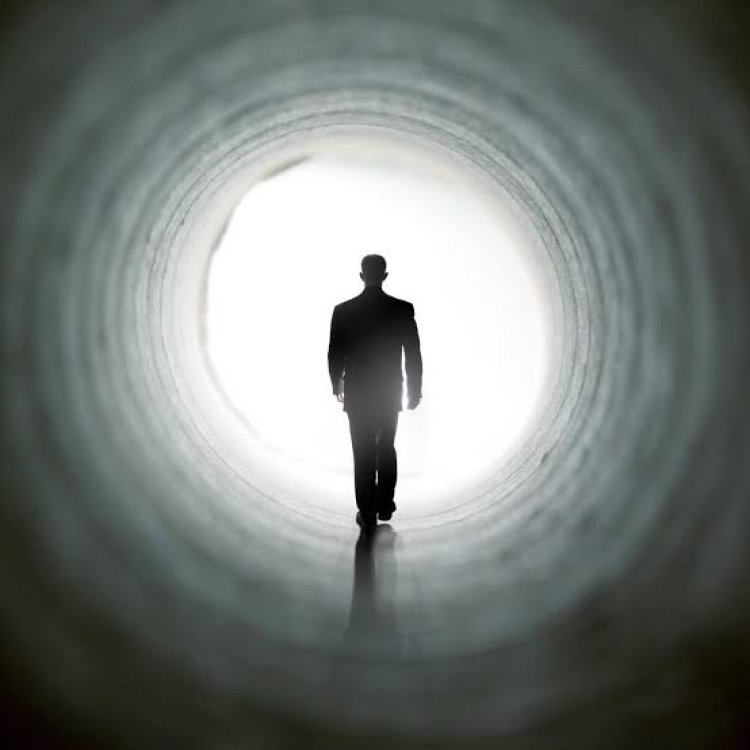
Across time and cultures, people have been conditioned to view death as an endpoint to the experience of life. However, advances in resuscitation science and critical care medicine have challenged assumptions about the finality of death. , Director of the Critical Care & Resuscitation Research Division of Pulmonary, Critical Care & Sleep Medicine at New York University Langone Medical Center, recently spoke to the New York Academy of Sciences about his resuscitation science research. Dr. Parnia’s work illuminates how death is not an absolute, but a process, and what happens when patients experience death — sharing insights from his research in his own words:
What is death?
Death occurs when the heart stops beating. We call this death by cardiopulmonary criteria and it is how death is defined for more than 95 percent of people. A person stops breathing and their brain shuts down, causing all life processes to cease. More recently with the birth of modern intensive care medicine and the ability to artificially keep people's hearts beating, doctors like myself can keep a patient’s heart beating longer.
Where people may have suffered irreversible brain damage and brain death, this leads to a situation where the brain has died, but the person's heart is still beating, so legally, they are declared dead based upon irreversible brain death, or death by brain death criteria. This happens in a small fraction of the cases where people are declared dead.
For millennia death was considered an irreversible event and nothing could restore life. During the last decade, we’ve realized it's only after a person has died that the cells inside their body, including the brain, begin their own death process. We used to think that you had five or 10 minutes before brain cells died, from a lack of oxygen, but we now know that’s wrong.
You have hours, if not days, before the brain and other organs in the body are irreversibly damaged after death. It’s actually the restoration of oxygen and blood flow back into organs after a person’s heart stops, but is then resuscitated that paradoxically leads to accelerated cell death. So, this accelerated secondary injury process is what we need to combat in medicine now.
What's Your Reaction?








